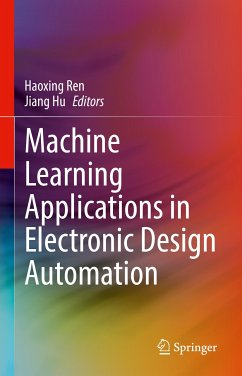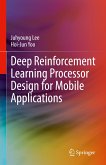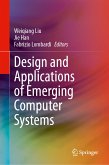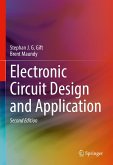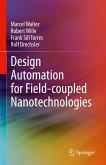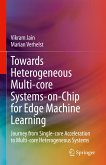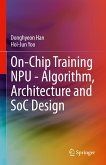This book serves as a single-source reference to key machine learning (ML) applications and methods in digital and analog design and verification. Experts from academia and industry cover a wide range of the latest research on ML applications in electronic design automation (EDA), including analysis and optimization of digital design, analysis and optimization of analog design, as well as functional verification, FPGA and system level designs, design for manufacturing (DFM), and design space exploration. The authors also cover key ML methods such as classical ML, deep learning models such as convolutional neural networks (CNNs), graph neural networks (GNNs), generative adversarial networks (GANs) and optimization methods such as reinforcement learning (RL) and Bayesian optimization (BO). All of these topics are valuable to chip designers and EDA developers and researchers working in digital and analog designs and verification.
- Serves as a single-source reference to key machine learning (ML) applications and methods in digital and analog design and verification;
- Covers classical ML methods, as well as deep learning models such as convolutional neural networks (CNNs), graph neural networks (GNNs), generative adversarial networks (GANs) and optimization methods such as reinforcement learning (RL) and Bayesian optimization (BO);
- Discusses machine learning ML's applications in electronic design automation (EDA), especially in the design automation of VLSI integrated circuits.
Dieser Download kann aus rechtlichen Gründen nur mit Rechnungsadresse in A, B, BG, CY, CZ, D, DK, EW, E, FIN, F, GR, HR, H, IRL, I, LT, L, LR, M, NL, PL, P, R, S, SLO, SK ausgeliefert werden.
Hinweis: Dieser Artikel kann nur an eine deutsche Lieferadresse ausgeliefert werden.

